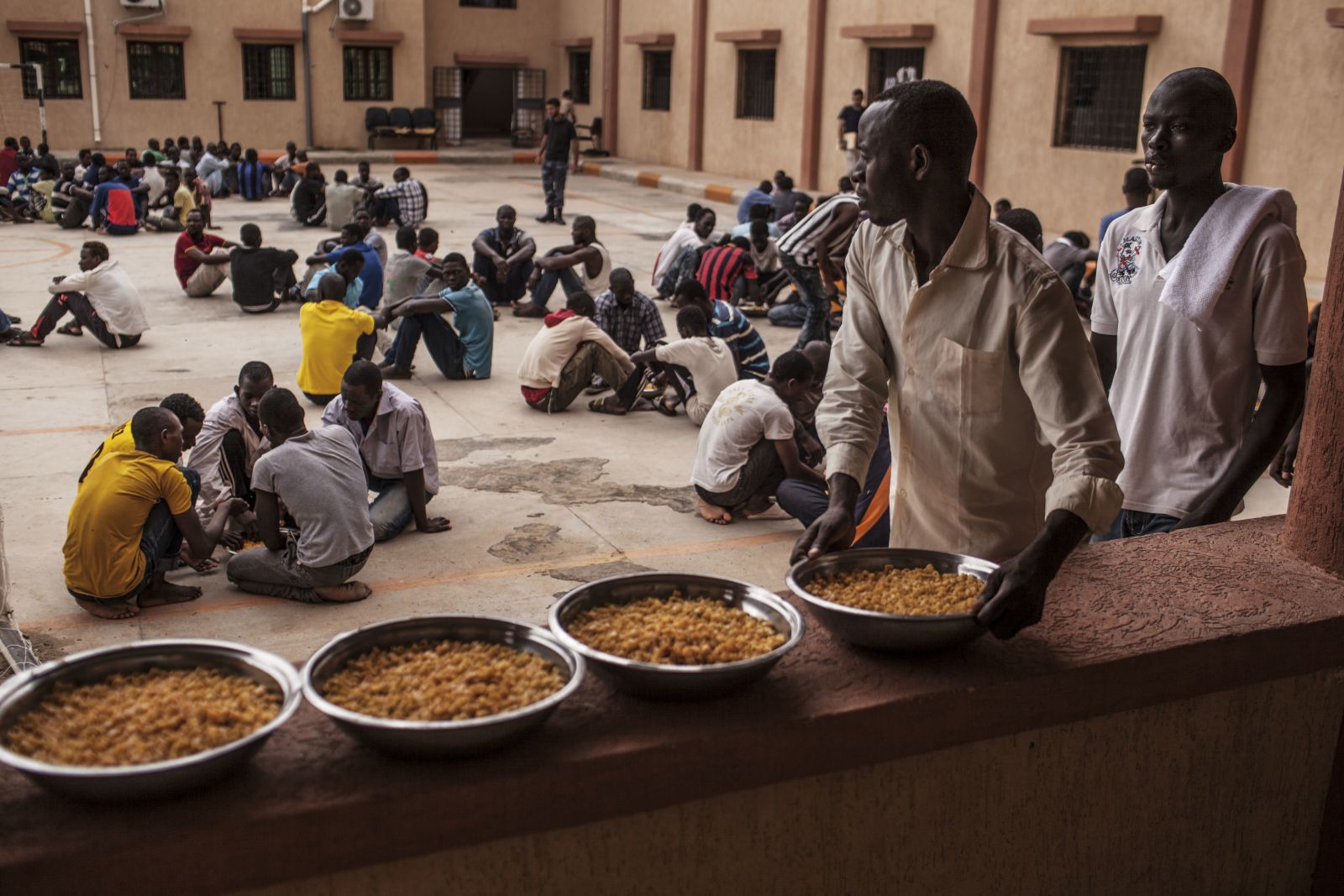Tunisia’s young democracy deserves western support
Today, Tunisia is the Arab world’s only democracy. It is fragile. The institutions of representative government are young and must yet gain the people’s long-term trust.
Escaping the economic slump is not easy, however. Tourism is an important industry, but it is not doing well because acts of terrorism have scared holidaymakers. Many European tourists have been opting for other destinations. Moreover, Tunisia has a small population, so foreign investors are unlikely to set up businesses in order to benefit from the domestic market.
Tunisia has a coalition government, consisting of two parties: the secular Nidaa Tunes and the moderately Islamist Ennahda. Their political cooperation is welcome. It has stabilised the country’s young democracy. On the economic front, however, the government has not achieved much. The public sector is bloated, and corruption is widespread. As the Financial Times, which uses a paywall, notes in an editorial today, the government must emphasise efficiency and could start by trimming down the 44-member cabinet.
The FT does not only consider Tunisian responsibilities however, but states:
“There is also a lot more that could be done to help Tunisia from outside. It is not only Tunis that has been curiously conservative in its response to the demands of the revolution. The International Monetary Fund, called in amid faltering growth, has too — prescribing the bitter pill of structural adjustment to a country beset by social inequality and navigating a treacherous political transition. The IMF cannot be expected to treat Tunisia very differently from other patients. But if Europe and America believe that Tunisia is an exceptional case, and that a narrowly technocratic answer to the demands of the revolution is politically unfeasible, they could bring more support. Tunisia needs to address deep-seated problems of social and regional inequality and respond to the call of the same marginalised regions where the 2011 Arab uprisings were sparked. It needs a programme of infrastructure investment and job creation. Alone, the state is unable to rekindle optimism that prosperity, as well as freedom, is on the way.”
This is certainly true. European governments are keen on getting a check on the problems that drive people to flee from Africa. They must now do whatever they can to ensure that Tunisia’s socio-economic situation improves.
It is noteworthy, moreover, that the structural-adjustment programmes which the IMF has insisted on in the past were not all the same. Some caused tremendous suffering. One example was Indonesia in the late 1990s. Other structural adjustment programmes, however, allowed the economies concerned to rebound fast. That happened in India in the early 1990s, for example, or in Turkey and Brazil after the turn of the millennium. It makes a difference whether the IMF takes an orthodox or a pragmatic stance. Western governments have a majority on the IMF board. They should ensure that the IMF acts in a way that stabilises rather than undermines Tunisian democracy.
Unfortunately, there is reason to doubt that all policymakers in the EU are aware of just how important this beacon of freedom in the Arab world is. It was absurd that the EU put Tunisia on its blacklist of tax havens in December. While it is true that Tunisia’s revenue service and practices are not up to standards considered necessary by the EU, the reason is not that Tunisia is attracting capital by granting tax freedom. The country needs to develop taxation capacities – and deservers support for doing so.












